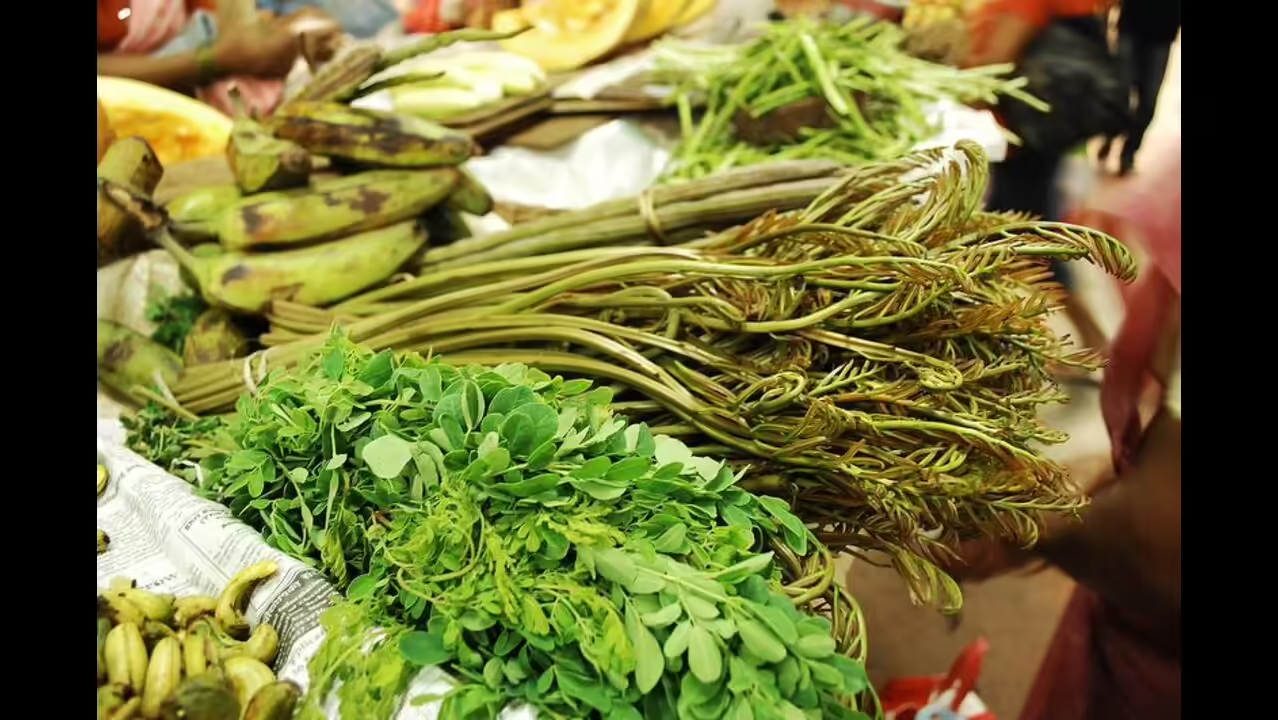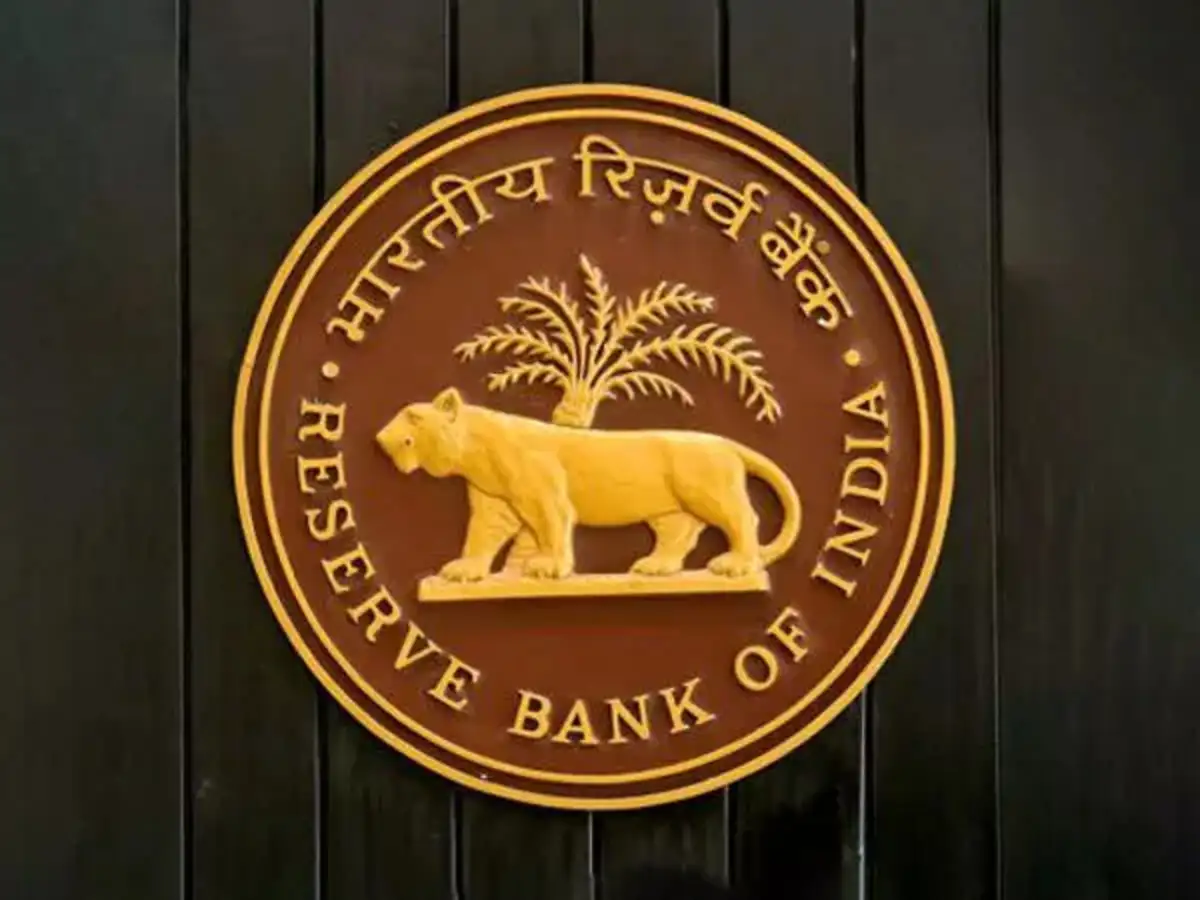Now Reading: Monsoon Bounty: Over ₹3 Lakh Wild Veggies Sold at Ran Bhaji Festival in Nagpur
-
01
Monsoon Bounty: Over ₹3 Lakh Wild Veggies Sold at Ran Bhaji Festival in Nagpur
Monsoon Bounty: Over ₹3 Lakh Wild Veggies Sold at Ran Bhaji Festival in Nagpur

Nagpur’s two-day Ran Bhaji Mahotsav (Wild Vegetable Festival) became a resounding success, with sales crossing ₹3 lakh as urban consumers and farmers embraced traditional monsoon greens. Held at Ram Nagar Maidan, the event featured 25 stalls from 52 local farmer groups, underlining renewed interest in nutritious and medicinal wild vegetables. The festival also showcased live cooking demos and policy support to help boost livelihoods and promote healthier eating.
The festival centered on reviving seasonal wild vegetables — often called ran bhaji — that grow naturally during the monsoon. These greens, rich in antioxidants and minerals, drew strong attendance from health-conscious buyers and curious families, helping rural producers earn a fair income and reconnect with urban food culture.
Supporting Farmers and SHGs
Nagpur’s Minister of State, Ashish Jaiswal, inaugurated the festival, emphasising a push away from fast food toward traditional diets. He highlighted the critical role of women’s self-help groups (SHGs) in marketing wild produce and announced a dedicated ‘Umed Mall’ space for them—a move expected to offer ongoing market access and support.
Officials from the Agriculture Technology Management Agency (ATMA), the district administration, and the agriculture department actively encouraged citizens to include these greens in their diets. Cooking teams demonstrated pickles, stir-fries, and curries — giving attendees a taste of both flavour and nutritional benefits.
Regional Reach and Diversity
The event’s vendors came not only from Nagpur city but also from neighbouring regions such as Nagbheed and Chandrapur. Their presence underscored wild veggies’ appeal across the Vidarbha region, highlighting cultural links and food traditions shared across towns and villages.
Why This Matters for Tier 2 Cities
For smaller urban centres like Nagpur, this festival represents more than a food event — it’s a model for rural-urban collaboration. Encouraging traditional, locally sourced foods can improve nutrition, support regional farmers, and strengthen rural incomes. Festivals like Ran Bhaji showcase how public policy, civil society, and agriculture can intersect for mutual benefit.
Health and Environmental Impact
Wild veggies are free from pesticides, naturally suited to local ecosystems, and offer diverse health benefits. Their cultivation and consumption align with sustainable food practices and dietary diversity—a growing concern in cities where processed food often dominates.
Conclusion
Nagpur’s wild vegetable festival turned traditional monsoon greens into a victory for health, economy, and community. With over ₹3 lakh in sales, it has demonstrated that even small cities can champion sustainable, nutritious food, empower SHGs, and support rural livelihoods. As the monsoon continues, vegetables from the wild are adding colour and vitality to dinner tables across the city—and beyond






















